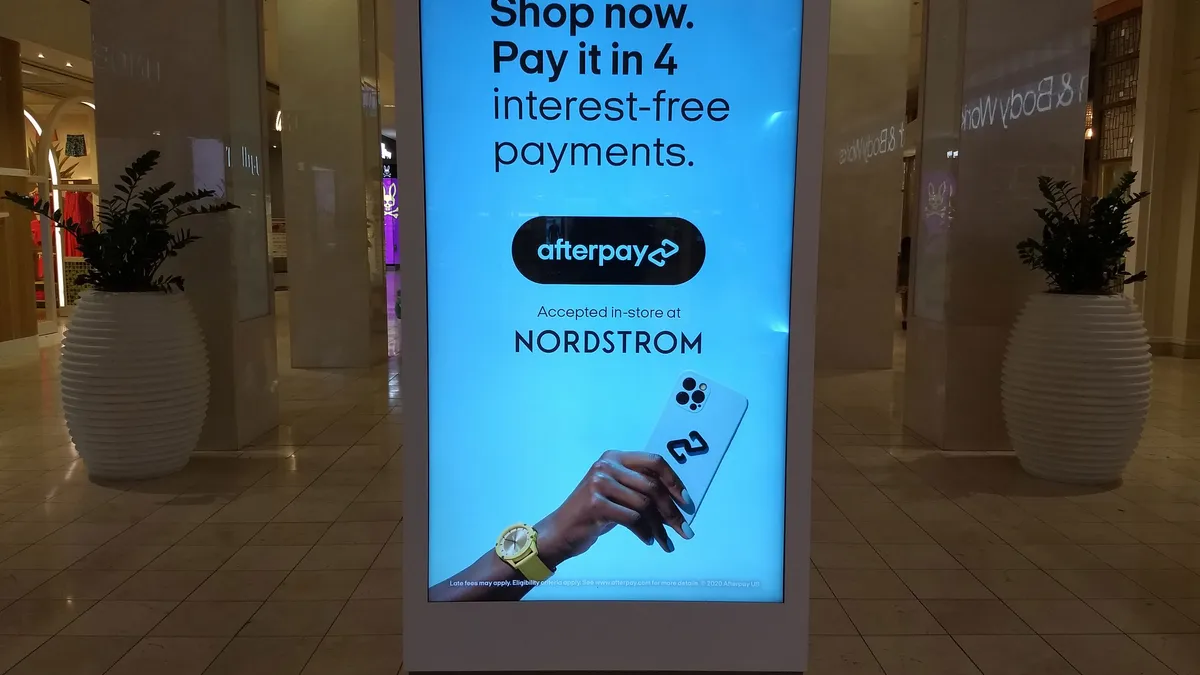The Electronic Payments Coalition, backed by big banks, is “fully funded” for the battle over the Credit Card Competition Act proposal in Congress that’s expected to persist in 2024.
That’s the word from the organization’s executive chairman, Richard Hunt, whose coalition has opposed the legislation all year. “EPC is fully funded for 2024,” he said. “We're very anxious to defend the way America's credit card system works,” and to avoid any “major transformational change to it,” he added.
Asked if he could share the dollar amount for that fund, Hunt said, “not a chance.” Nonetheless, he noted that million-dollar budget figures that have appeared in the media are inflated because they refer to the total spending across a range of banking issues.
Hunt’s organization has helped ensure the bill, which had bipartisan support in both the Senate and House, didn’t land on the floor of either chamber for a vote this year. “We were able to get our message out to the members of the Senate about how bad this bill really is and how this would have a tremendous effect on everyday America, across all income streams,” Hunt said.
Opponents of the legislation, including the banks as well as payments processors and credit card networks, say it would undercut the services that are offered, including the rewards programs tied to the cards. Supporters contend the new law would create much-needed competition for what they call the Visa and Mastercard duopoly that drives costs higher for merchants, and ultimately prices for consumers.
EPC’s members include JPMorgan Chase, the largest U.S. bank, Capital One, Visa and the processor TSYS, a unit of Global Payments, among others, according to the coalition’s website.
The bill’s opponents, which also include major airlines and some of their unions, say the legislation is an effort by major retailers to reduce the interchange fees they pay for the benefits that processing transactions with credit cards provide, such as fraud protection for consumers.
Despite promises that Democratic leadership supposedly made to bring the legislation to a vote in the Senate, Hunt noted that the House’s Republican leadership has said the bill is going nowhere.
Proponents of the legislation had planned to get a vote on the bill this year, but that hasn’t happened, and it’s unlikely now that Congress has largely recessed for the year-end holidays.
Sens. Dick Durbin, a Democrat from Illinois, and Roger Marshall, a Republican from Kansas, have been the big drivers behind the legislation. They had hoped to fast-track the bill to the Senate floor for a vote by attaching it to another big piece of legislation, but those opportunities diminished as the year wore on.
Their key aim with the CCCA proposal has been to direct more competition at Visa, the largest U.S. credit card network, and No. 2 Mastercard. If enacted, the law would do that by requiring big banks that issue credit cards to ensure there is at least one alternative network available to merchants for processing credit card transactions that isn’t Visa or Mastercard.
The Senate sponsors contend the act would reduce the interchange fees merchants pay to card issuers and the networks every time a consumer swipes a credit card to make a purchase. They have also said they believe that merchants would pass those savings on to consumers.
The bill will still be in play next year in the second year of a two-year congressional session, with advocates and detractors promising to continue doing battle.
In an interview earlier this month, Marshall said his side won’t let up either. “I really think that if we get this to the Senate floor we have the votes to pass it because it’s the right thing to do,” Marshall said.
The National Retail Federation, National Association of Convenience Stores and the Merchants Payments Coalition are among the interest groups that have supported the legislation.
The banks have locked arms to keep interchange fees higher than they should be, contends Doug Kantor, general counsel at the National Association of Convenience Stores. “They’re simply using the billions of dollars in swipe fees collected on the backs of small businesses and American families to try to stop anyone from looking too closely at their harmful actions,” Kantor said in an emailed statement. He’s also a member of the executive committee of the Merchants Payments Coalition.




















